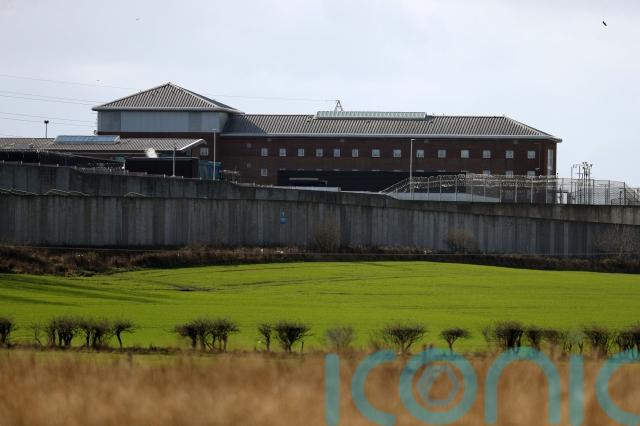
The emergency early release of prisoners is a short-term measure that needs to “springboard into a long-term population strategy”, the Chief Inspector of Prisons has said.
Speaking on BBC Radio Scotland’s Good Morning Scotland programme, Sara Snell said previous early releases of inmates in a bid to ease overcrowding did not reduce the prison population in the long term.
She said: “It absolutely had a short-term impact. It allowed that kind of headspace, that breathing room that I’ve described, that the locals experienced, but it’s short term.
“There’s a release and then either many people come back in or new people come back in. The short-term releases don’t reduce the numbers properly over the longer term, and what’s needed for that is a much wider understanding of what’s driving the population.”
She was speaking after the release of an inspection report on Tuesday by His Majesty’s Inspectorate of Prisons for Scotland on HMP Glenochil in Clackmannanshire.
While the report recognised areas of positive practice it ultimately raised serious concerns about overcrowding and the treatment of vulnerable prisoners.

The report said it “paints a sobering picture of a prison struggling under the crippling effects of overcrowding and staff shortages”.
It also found there is “barely any aspect of prison life which is not affected by overpopulation”.
Ms Snell said areas such as remand and the incarceration of older prisoners in low security should be considered to lower the population long term.
She said: “I would suggest that two of the key areas – remand, sitting at 27% which is high for Scotland, and the older population potentially not meeting the kind of security conditions you see in Glenochil but somewhere of lower security. Where the focus can be on their health because the risk to the public for them is not as great as for those who need higher security conditions.”
MSPs will soon vote on the further emergency release of prisoners, which would be the third such early release scheme if it goes ahead.
It will see prisoners sentenced to less than four years and due to be freed within 180 days freed on certain dates between November and April.
Ms Snell was asked what MSPs should do if the further release of prisoners does not help in the longer term to improve overcrowding issues highlighted in the Glenochil report.
She said: “I think the Scottish Prison Service needs the breathing space. It wasn’t welcome news to anyone that the population reached its all-time high last week.
“I think that breathing space is needed, but what is also needed is a swift response to the outcome of the sentence and penal policy review. Understanding exactly what changes can be made in terms of diversion, in terms of community provision, in terms of population structure within those who actually do end up in custody.
“It’s a short-term measure that needs to springboard into a long-term population strategy.
“This absolutely speaks to the choices that are there, which is, does Scotland want to carry on being one of the highest incarceration places in Europe, or does it want to live the choice it made in 2008 and manage the population and find alternatives.”
The Scottish Government has been approached for comment.
Subscribe or register today to discover more from DonegalLive.ie
Buy the e-paper of the Donegal Democrat, Donegal People's Press, Donegal Post and Inish Times here for instant access to Donegal's premier news titles.
Keep up with the latest news from Donegal with our daily newsletter featuring the most important stories of the day delivered to your inbox every evening at 5pm.